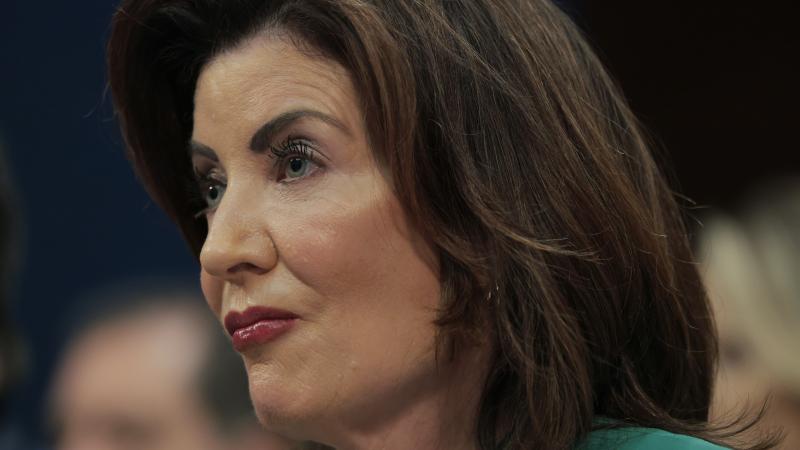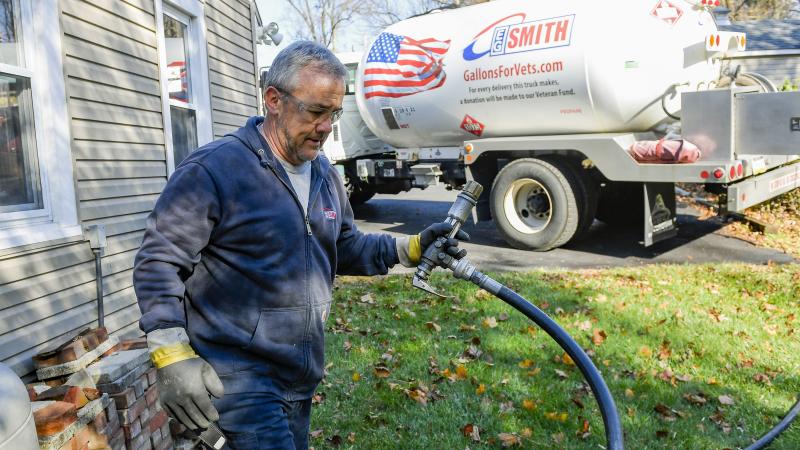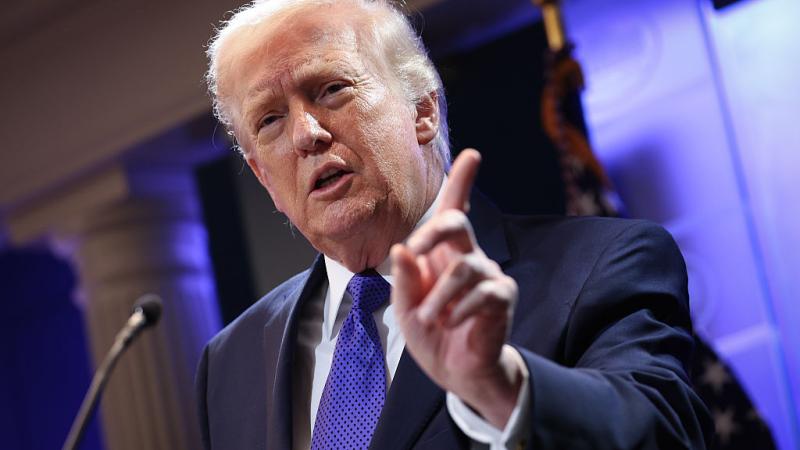Energy expert says Goldman Sachs 'doubling down' on ESG while urging others to avoid agenda
Kathleen Sgamma accused the global investing mammoth's researcher of "conflating" different ideas and ultimately confusing the public.
An energy expert is challenging a Goldman Sachs investor for sticking by an ESG agenda even though the bank has warned other investors about divestments from fossil fuels and admitting that it's worsening the global “energy crisis.”
The expert, Western Energy Alliance president Kathleen Sgamma, made the comment after a recent Bloomberg interview with Goldman Sachs’ head of natural resources research, Michele Della Vigna.
Vigna in the interview warned ESG – or environmental, social, and corporate governance – investors on their approach to investing in a green energy transition, urging them to focus less on divesting from fossil and more on investing in renewables.
“The focus on decarbonization is correct, but I think it needs to be driven by more investment, not divestment,” Della Vigna said. “The key is to move away from divesting oil and gas toward more investment in renewables and in low carbon.”
There’s also a real “risk” that ESG investors may be “prolonging" an "energy crisis” by focusing on “absolute emissions" and pressuring companies to ditch fossil fuels, he also said. "Anything that pushes companies to produce less energy, like just focusing on absolute emissions, for them, I think, runs the risk of prolonging this energy crisis.
“What needs to happen is an acceleration of renewable spending on one side, but also normalization of the spending in hydrocarbons on the other."
Critics of having ESG as a top priority in making investment decisions say the agenda can and does conflict with making the best, most profitable investment for a bank or its clients.
Sgamma, in an interview Monday with Just the News, charged Goldman Sachs’ analyst with “doubling down” on the very thing that he acknowledges is creating energy instability.
“ESG pressures and net-zero activism has created a situation of underinvestment in oil and natural gas, which has also led to lower returns for investors,” Sgamma said.
Just last week, shareholders of Exxon and Chevron voted strongly and repeatedly against a list of ESG investing resolutions put forward by climate activists to the companies.
Sgamma says that "rather than admitting that markets are better arbiters of energy use and investment,” companies like Goldman Sachs and BloombergNEF “lean into net-zero despite all the evidence” of its negative consequences, like in Germany.
Over half of Germany’s natural gas imports came from Russia, but those imports were discontinued amid Moscow's invasion of Ukraine. This coupled with the nation’s overall anti-fossil fuel approach lately is sending its energy security into a downward spiral.
An analysis published last month in The Economist that Sgamma cited found that throughout Europe an estimated 68,000 people lost their lives in 2022 due to skyrocketing energy prices, more deaths than from COVID-19 that winter.
Bloomberg’s markets research division, BloombergNEF, projects the investment opportunity for net-zero projects will be about $200 trillion by 2050, but that the clock is ticking to reach the massive funding goals.
Currently the ratio of fossil fuel funding to low-carbon energy funding is 1:1.
BloombergNEF says the ratio must increase 1:4 by 2030.
"So ... instead of focusing on divestment and stopping doing things, we need to rapidly ramp up investment into low-carbon energy supply to displace fossil fuels,” BloombergNEF’s Claudio Lubis said.
Sgamma sees a key problem with this analysis, saying it prioritizes an “artificial goal” over meeting peoples’ energy needs.
“What matters is supplying energy to meet human needs now and into the future. An artificial goal of net zero by 2050 isn’t realistic and doubling down on flawed policies and ESG-influenced investing seems misplaced,” she said.
Sgamma also concluded Lubis’ theory of investment needing to be however much more in renewables versus fossil fuels just “doesn’t carry much weight.”
Follow Addison on Twitter.
The Facts Inside Our Reporter's Notebook















